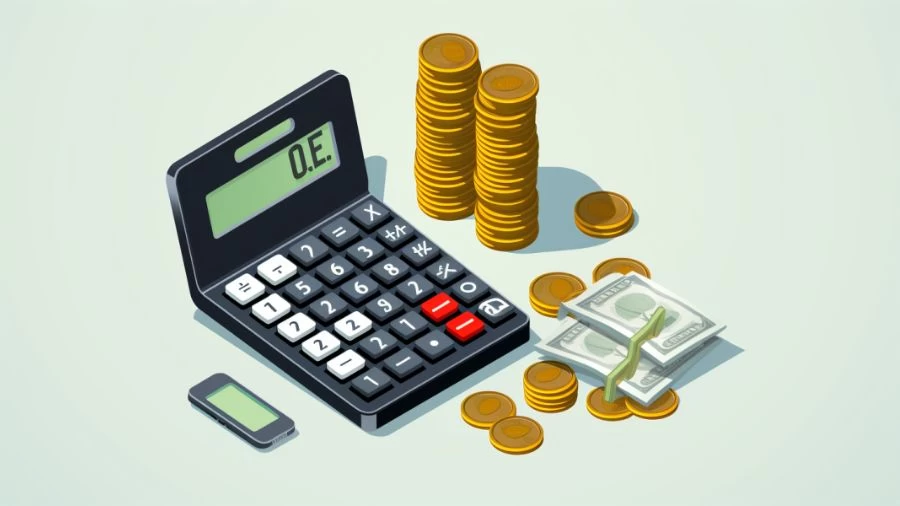
What Are the Main Purposes of a Budget?
Budget main purposes include working toward long-term financial goals, preventing overspending, facilitating retirement savings, preparing for emergencies, and revealing spending habits.
by Kowsalya
Updated Oct 24, 2023
Article continues below advertisement
What Are the Main Purposes of a Budget?
A budget serves several important purposes in personal finance and financial planning. Here are the main purposes of a budget,
- Helps You Work Toward Long-Term Goals: Budgeting enables you to identify and set long-term financial goals. It forces you to map out your aspirations, save money, track your progress, and turn your dreams into reality. Whether your goal is to buy a car, purchase a house, or save for graduate school, a budget provides a roadmap to achieve these objectives. It also helps you allocate your financial resources efficiently to work towards these goals.
- Can Keep You from Overspending: With the ease of credit cards and other forms of credit, overspending has become a common issue. Budgeting ensures that you spend within your means and prevents you from falling into debt. By knowing your income and expenses, you gain control over your financial situation, making it less likely to overspend. This control is especially important considering the rise in household debt due to excessive credit card use.
- Can Make Retirement Saving Easier: Budgeting is a valuable tool for saving and investing for retirement. By incorporating regular contributions to retirement accounts (e.g., 401(k) or IRA) into your budget, you create a disciplined approach to saving for your retirement. Consistently saving a portion of your income can help you build a substantial nest egg over time, ensuring financial security in your later years.
- Helps You Prepare for Emergencies: Life is unpredictable, and unexpected events such as job loss, medical emergencies, or major home repairs can lead to financial turmoil. Budgeting includes setting aside funds for an emergency fund, which should cover at least three to six months' worth of living expenses. This financial cushion ensures that you have a safety net to rely on during challenging times without disrupting your long-term financial goals.
- Can Reveal Spending Habits: Budgeting requires you to closely examine your spending habits. Through this process, you can identify unnecessary or excessive expenditures and make informed decisions about what you truly need. It enables you to rethink your spending priorities, allowing you to reallocate resources towards savings or investments.
Disclaimer : The above information is for general informational purposes only. All information on the Site is provided in good faith, however we make no representation or warranty of any kind, express or implied, regarding the accuracy, adequacy, validity, reliability, availability or completeness of any information on the Site.




